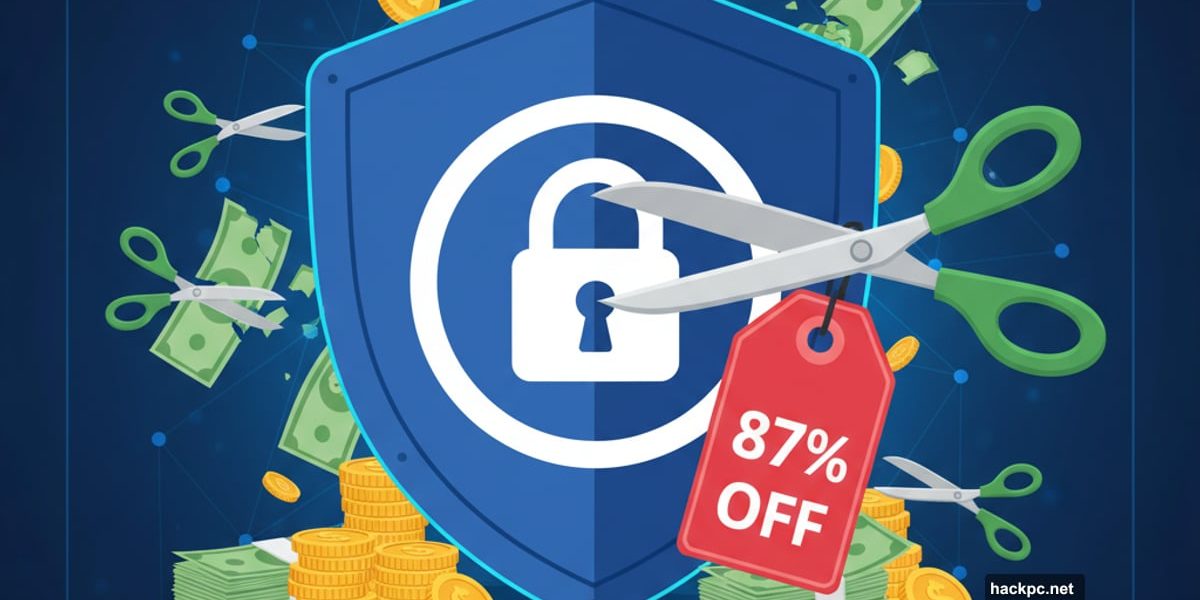
VPN providers love playing pricing games. Monthly rates look expensive. But commit to a year or two? Suddenly the same service costs pennies per day.
Right now, top-rated VPNs are slashing prices hard. We’re talking 73 to 87 percent off regular pricing. However, these deals require upfront payment for long subscriptions. So before you jump in, make sure you understand exactly what you’re getting.
Let’s break down the best VPN deals available today, what makes each service worth considering, and which hidden gotchas to watch for.
Why VPN Pricing Works This Way
VPN companies operate on a simple strategy. They offer massive discounts to anyone willing to prepay for extended service periods.
This benefits both sides. Providers lock in subscribers and predictable revenue. You get premium security features for the price of a monthly coffee.
But here’s the catch. That amazing introductory price usually doesn’t apply when you renew. Plus, some providers only let you renew for shorter periods at higher rates.
So always check renewal pricing before committing. That $2 monthly rate might jump to $10 when your two-year term ends.
Proton VPN: Best Overall Security
Proton VPN tops our current VPN rankings for good reason. It combines strong privacy protections with genuinely fast connection speeds.
The Swiss company implements full-disk encryption across its network. This means even Proton itself can’t see your browsing activity. For privacy-focused users, that’s huge.
Moreover, Proton VPN works beautifully across all devices. Whether you’re on Windows, Mac, Android or iOS, the apps feel intuitive and responsive.
Right now, you can grab 24 months of service for $119.76. That’s 50 percent off the regular price, working out to about $5 per month.
Testing showed download speeds stayed consistently high even when connecting to distant servers. Plus, Proton VPN successfully changed virtual locations every single time in testing.
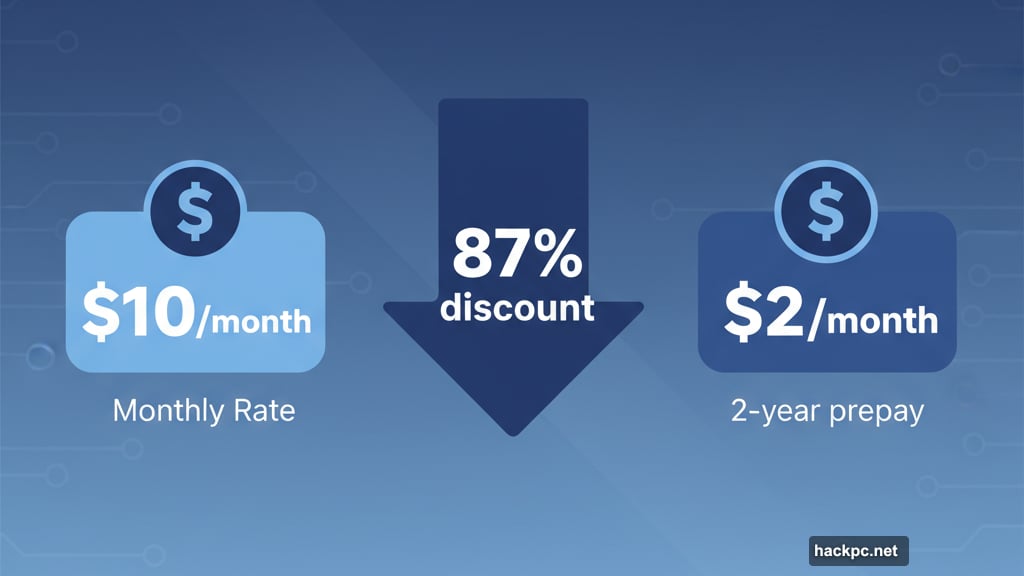
NordVPN: Fast and Feature-Rich
NordVPN nails the basics better than almost anyone. It connects quickly, maintains fast speeds, and successfully changes your virtual location nearly every time.
The service includes some genuinely useful extras. Specialized servers connect you directly to Tor for enhanced anonymity. Live support responds quickly through an easy-to-navigate help system.
However, NordVPN recently shut down its Meshnet feature, which disappointed some users. Still, the core VPN service remains excellent for most people’s needs.
Currently, NordVPN offers 77 percent off two-year plans. You’ll pay $83.43 total for 27 months of service (they throw in three extra months).
ExpressVPN: Premium Performance Justified
ExpressVPN typically costs more than competitors. But when it goes on sale, it becomes worth considering.
Testing revealed it dropped download speeds by less than 7 percent. That’s impressively small. Most VPNs slow your connection noticeably more.
The apps work flawlessly across all platforms. New users especially appreciate how straightforward everything feels. No confusing settings or complicated setup processes.
ExpressVPN now offers tiered pricing. The Basic plan costs $97.72 for 28 months (73 percent off). That includes standard VPN service for up to 8 devices simultaneously.
Upgrading to Advanced adds four more device connections, password management, enhanced ad blocking, identity protection features, and a router discount. That tier runs $125.72 for 28 months (67 percent off).
Surfshark: Maximum Value for Money
Surfshark packs advanced features into surprisingly affordable packages. Its constantly rotating IP system helps you avoid detection better than most competitors.
You can even choose entry and exit nodes manually for double-hop connections. That adds extra security layers without tanking your speeds.
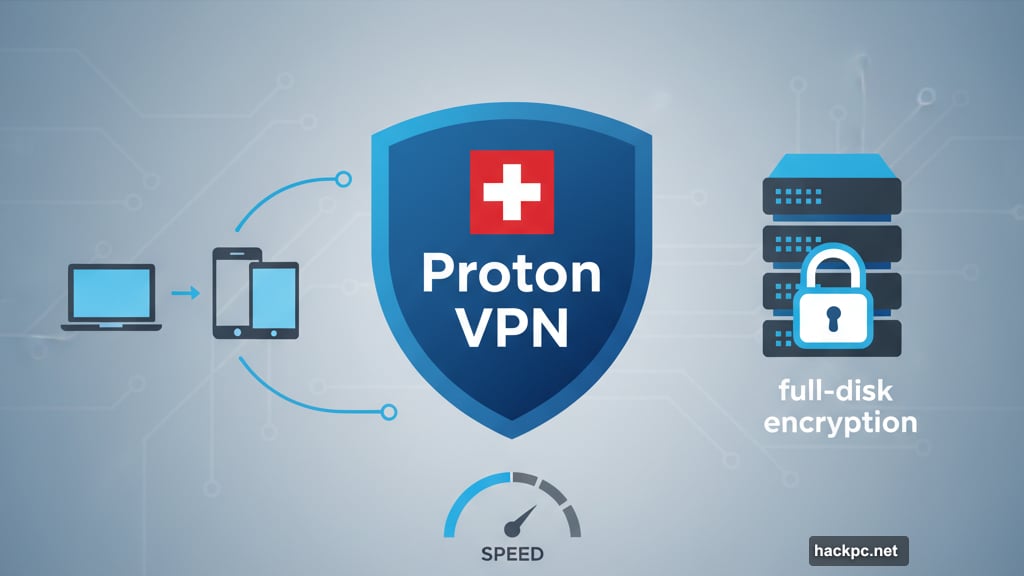
The Starter plan includes full VPN service for $53.73 over 27 months. That’s 87 percent off regular pricing – the steepest discount on this list.
Surfshark One bumps things up with antivirus scanning, data breach alerts, private search, and virtual identity tools. That package costs $67.23 for 27 months (86 percent off).
CyberGhost: Best Automation Features
CyberGhost lets you customize how it responds to different Wi-Fi networks. Its Smart Rules system can auto-connect, disconnect, or ask what you prefer based on network names.
This automation makes daily VPN use much more convenient. You don’t need to manually toggle it on and off constantly.
Plus, CyberGhost offers streaming-optimized servers. While it’s unclear exactly what magic they perform, testing showed better video quality and more reliable unblocking on popular streaming sites.
Right now, 26 months of CyberGhost costs $56.94. That represents 83 percent savings off standard pricing.
Private Internet Access: Cheapest Quality Option
Private Internet Access (PIA) currently offers the best price-to-quality ratio in the VPN market.
For just $79, you get 39 months of service. That breaks down to roughly $2 per month – 83 percent below PIA’s regular monthly rate.
Despite the budget pricing, PIA doesn’t feel cheap. It runs its own DNS servers, includes built-in ad blocking, and offers automation comparable to CyberGhost.
The main downside? Connection speeds fluctuate more than premium alternatives. However, for most everyday browsing and streaming, it performs perfectly fine.
Hide.me: Free Version Beats Most Paid VPNs
Hide.me operates the best free VPN available today. Even competing against EventVPN and Proton VPN’s free tier, it comes out on top.
However, if you want unlimited data and all server locations, upgrading makes sense. The two-year subscription costs $69.95 for 26 months (73 percent off).
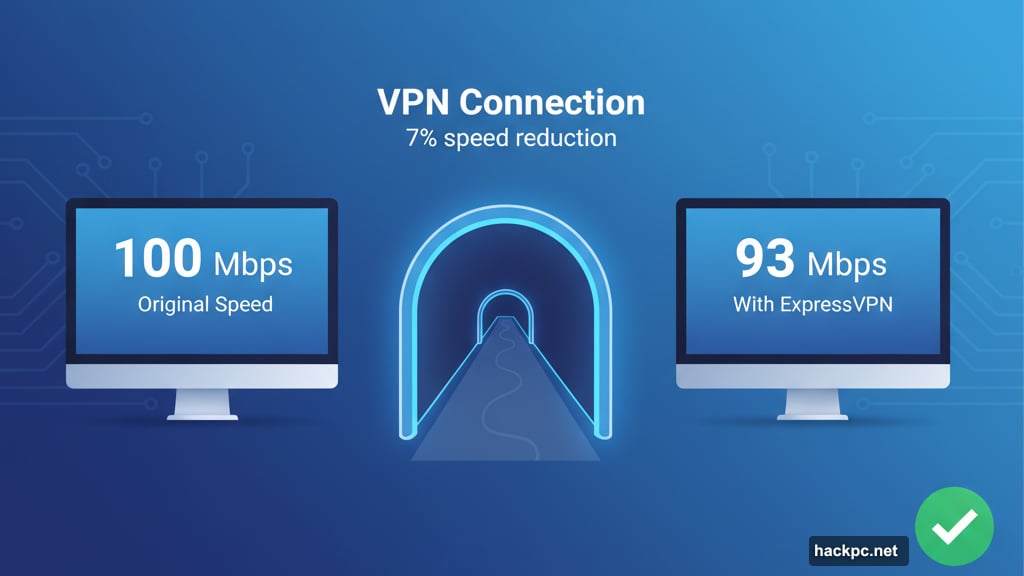
That’s a steal considering hide.me’s app quality and server network. The service focuses on simplicity, making it perfect for VPN beginners who don’t need complex features.
What to Watch For in VPN Deals
These massive discounts come with strings attached. Most importantly, you’re paying upfront for multiple years of service.
That means you need confidence the VPN will still exist and work well two years from now. Stick with established providers that have been around for several years.
Also check the renewal terms carefully. Many VPNs only offer these deep discounts to new subscribers. When your initial term ends, you’ll pay significantly more to continue.
Some providers won’t even let you renew for the same length. You might sign up for two years but only be able to renew for one year at a time.
Finally, remember that VPN pricing stays intentionally confusing. Providers display monthly rates prominently but require annual or longer commitments to get those prices.
When to Skip Long-Term Deals
These multi-year subscriptions aren’t right for everyone. If you’re trying a VPN for the first time, consider starting with a shorter commitment.
Most VPNs offer 30-day money-back guarantees. That gives you time to test performance and make sure the service works for your needs.
Also think twice if your internet usage patterns might change. Moving to a new country, switching jobs, or changing streaming preferences could all affect which VPN works best for you.
Finally, some people simply prefer monthly flexibility. If paying upfront for two years feels uncomfortable, that’s totally valid. You’ll pay more per month, but you can cancel anytime.
VPN technology keeps evolving rapidly too. A service that’s perfect today might lag behind competitors in 18 months. Longer commitments lock you into potentially outdated features.
These deals offer genuine savings for anyone ready to commit long-term. Just make sure you understand the renewal terms before pulling the trigger. The right VPN protects your privacy and saves money – but only if you pick one that fits your actual needs.


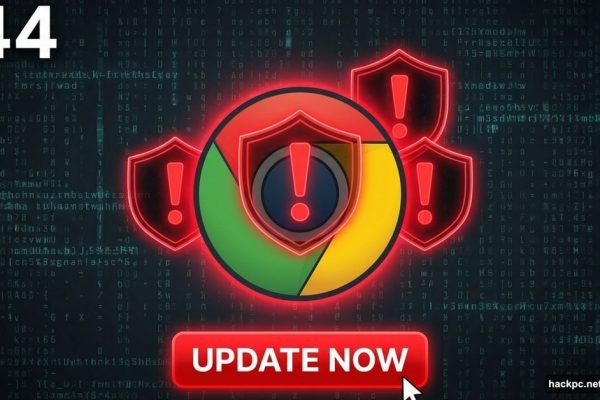
Comments (0)